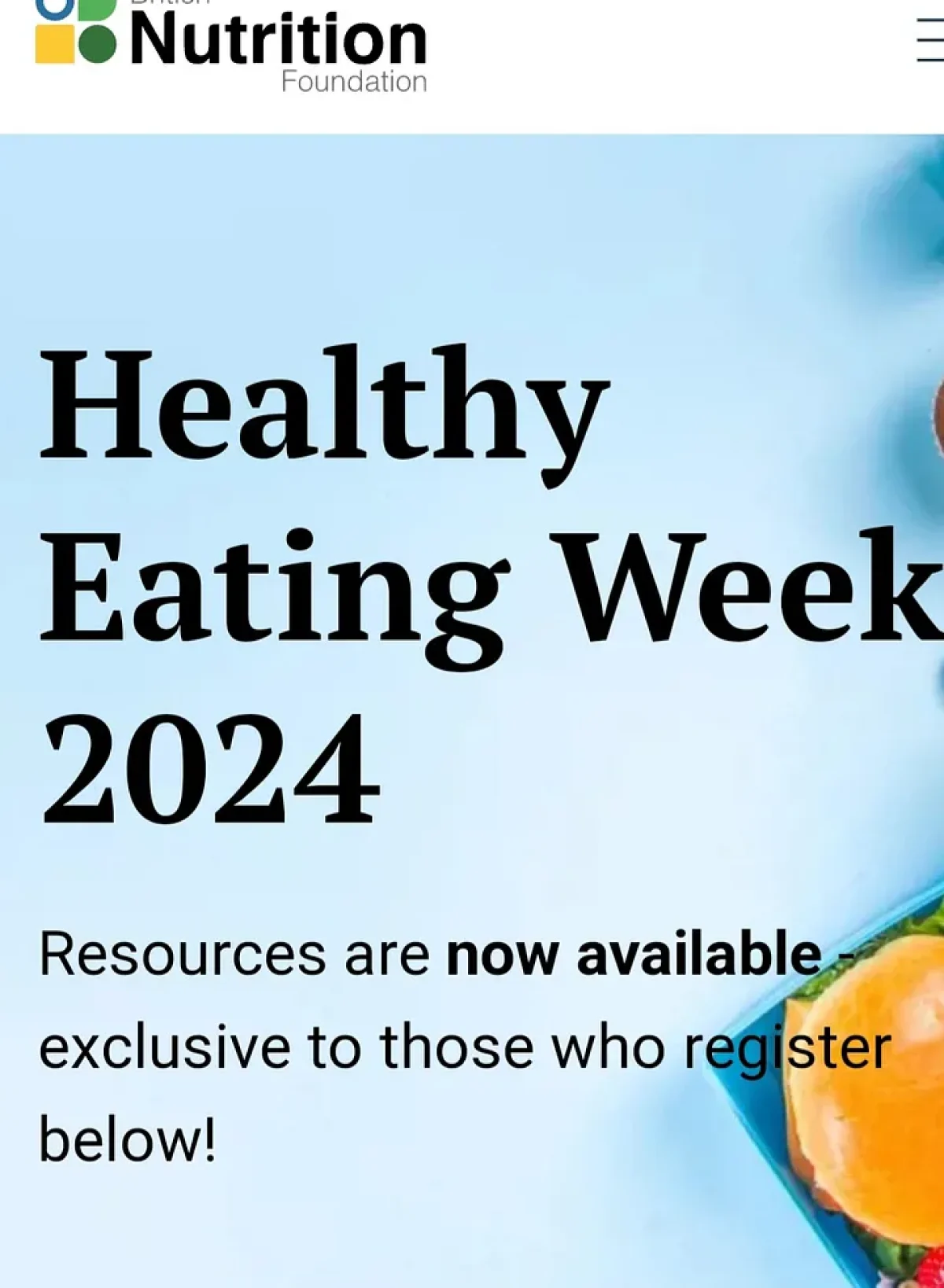
When discussing a healthy body—and we do this often—we inevitably touch on the topic of a nutritious diet. However, we rarely give the same attention to a healthy mind and soul. Even when these areas are mentioned, the importance of a healthy intellectual diet is rarely correlated to our actions and the way we live our lives. There are not nearly as many studies on the effects of violent movies, books, or computer games on the rise of violent crime as there are on the subject of junk food in relation to various illnesses. However, one does not need to look far to find a connection between the two.
Unhealthy eating, especially in wealthier countries, is part of a lifestyle that is not shaped by necessity but rather chosen. This often goes hand in hand with other health-damaging passions and habits, which can lead to antisocial behavior or worse. Even if the need for a healthier diet reaches such individuals, the idea of changing an entire lifestyle requires radical realizations, which is already a much more complex issue. The solution surely cannot rely solely on dietary changes.

No, I am not adopting highbrow cultural snobbery, which can be just as detrimental. Over-dieting culturally is just as against nature as in nutrition and can lead to a kind of “intellectual anorexia,” which is far from what I advocate. All I am saying is that while there is growing awareness and more campaigns about maintaining a healthy body from the neck down, perhaps it’s time to think about the rest. Cognitive food is just as important as real nutrients; in fact, it stays with us longer. For instance, compare the short career of a double cheeseburger in our body to the lasting impression of a movie. We might discuss films for years, while many of us can’t remember what we had for dinner last Thursday.
Some of our routines subconsciously acknowledge the impact of cultural products—for example, we listen to energetic music at the gym and avoid death metal during a relaxing spa massage. However, our awareness often stops there. But let’s continue with that line of thinking. If we expect calm music to make us relaxed and energetic music to invigorate us, why do we overlook the possible effects of aggressive music, movies, computer games, books, and social media? Parents, are you aware of the content your children have access to? Who do they talk to, and what do they learn from those interactions?
I purposely mention books alongside social media and computer games because it’s not the medium that matters but the content. For example, we often associate books with knowledge, but a brief visit to a bookstore and a glance at the top bestsellers can challenge this stereotype. Many popular genres include fantasy, horror, thriller, and erotica. I’m not saying these are all wrong. One of the most enjoyable books I read last year was a crime novel, and it was exactly what I needed at that time. It was a skillfully crafted book, entertaining yet thought-provoking.
What I’m advocating for is discernment in our consumption. It is possible to form people for the better while entertaining them, regardless of the medium. The most important criterion in our selection process should be quality. In today’s societies, facing deeper and darker crises, growing mental health issues, antisocial behavior, and the radical changes on the horizon brought by climate change and artificial intelligence, we have an incredible arsenal of media to help us build a better society—unused. It is rather thought-provoking that governments, often keen on using technology for propaganda, when they need to reach us, are not interested in using the same technology to build a healthier, better society.
In our precious free time, our choices of what to read, watch, or listen to are not just influenced but dictated by trends catering to the average majority’s tastes. This creates a cycle where technology, spying on our internet activity, bombards us with similar films, music, blogs, and books. Escaping this loop requires extraordinary willpower and intentionality. It works like a whirlpool, pulling us down lower and lower, and the only chance to escape is to reach the bottom before suffocation.

Once upon a time, there was an education, that provided guidelines regarding our intellectual consumption, but those days are long past. Today, schools emphasize “useful” subjects—those that aid in daily life or are essential for further studies. Humanities and the arts have been gradually marginalized to the point where many institutions consider them unnecessary for modern 21st-century life. But are they really? The value of these subjects extends beyond immediate practicality; they nurture critical thinking, creativity, and empathy, which are essential for a well-rounded, fulfilling life. Isn’t it time we gave our minds and souls the same careful consideration we give our bodies? Does the world today look like we have learned enough from history that we don’t need it anymore? Is society filled with happy and well-balanced people because we have found the path to happiness? Should we no longer burden our children with Tolstoy and Victor Hugo because there are supposedly better role models on the internet, called influencers, who teach them the values of hard work, empathy, and vocabulary?

As we become more aware of the need for a balanced physical diet, we must also strive for a balanced intellectual diet. By doing so, we can foster a healthier, more thoughtful society, where the mind and soul are nourished just as well as the body.